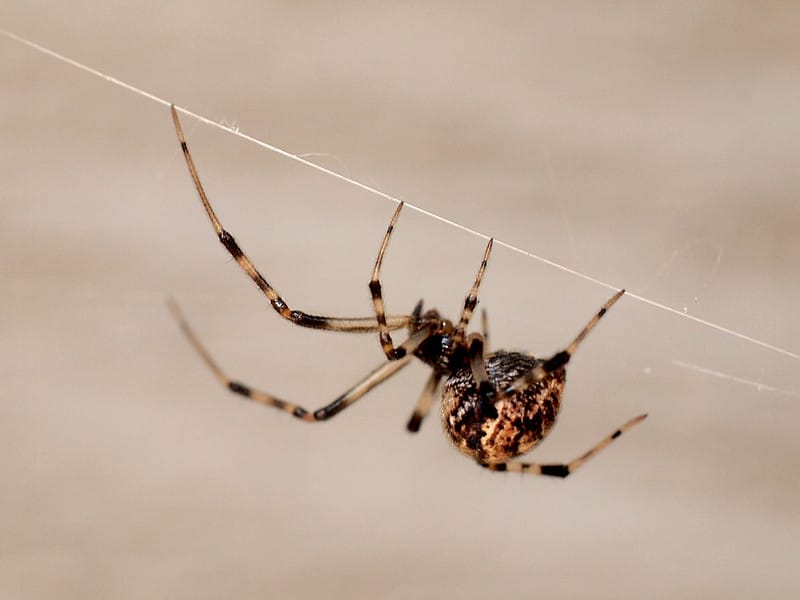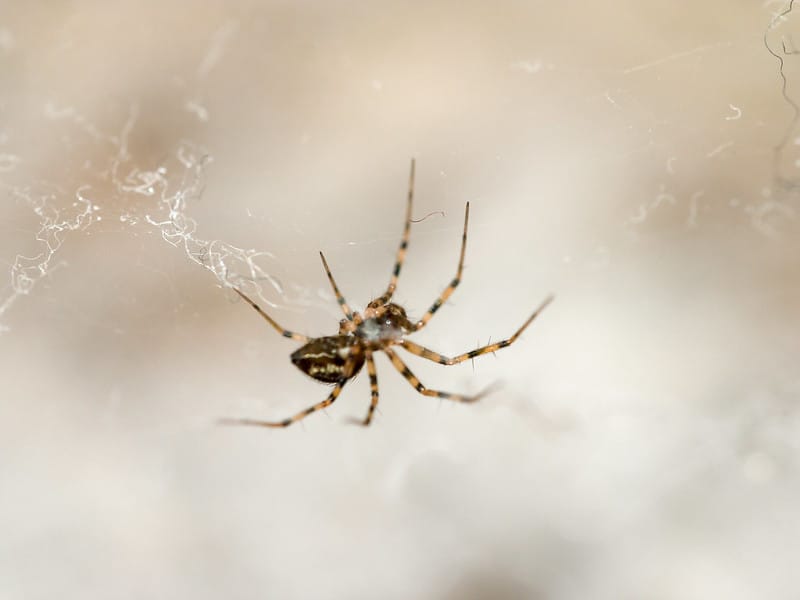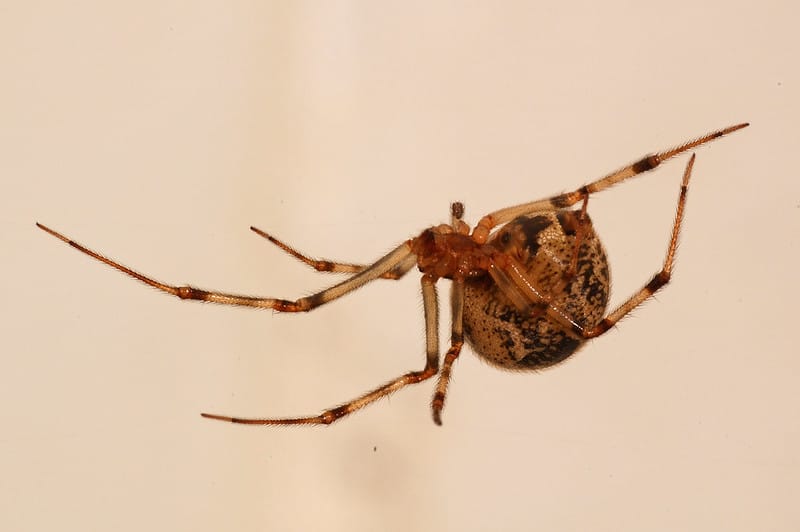How long do House Spiders live?
There are over 48,000 known species of spiders, but the American house spider is the one that most often plagues homeowners in the United States. Once you've got them, how long are you stuck with them?

There are over 48,000 known species of spiders, but the American house spider is the one that most often plagues homeowners in the United States. Once you've got them, how long are you stuck with them?

The biological name of this species is Parasteatoda tepidariorum, often abbreviated as P. tepidariorum.
In short: the house spider doesn’t generally live for more than a year. However, that’s not the case with all types of spiders.
Fun Fact: The world’s oldest spider, a trapdoor spider, died back in 2016 at 43 years of age – likely due to a wasp sting.
So, why can they live so long?
Spiders have evolved in ways that maximize energy efficiency. Most spiders can go months without food or water.
Hibernation is a chemical process that makes a spider metabolism extremely slow. You can find hibernating spiders under tree barks, cellars, attics, or missing out on all the winter action, quite literally, under a rock.
The house spider does not hibernate per se, but they do become less active at certain times of the year. Some might burrow or form egg nests and other types of silken retreats. They might also choose someplace generally damp and warm to stay alive in the winter months.
On the plus side, house spiders are easier to spot and kill during the winters as they’re typically far less active.
House spiders usually have some reserve food and water within their body. Completely devoid of food and water stores though, a house spider can survive for somewhere between 4-8 weeks.
Unlike other cold-blooded animals, a house spider’s metabolism isn’t related to its size. In general, the larger the body, the faster the metabolism — but that’s not the case with spiders. What this means is that if you have a spider and a cricket of comparable size, the cricket will need roughly twice the amount of food to get by. As spiders depend on ambush-based hunting, they spend very little energy on acquiring their meals.

Most homes have a handful of spiders each season, often found in corners, or in dark basements, or storage closets […]

Spider repellents The easiest way of getting rid of house spiders is to fill your home with a scent they […]

House spiders are carnivores and predominantly eat smaller insects and flies. Spiders are, in many ways, ideal for pest control. […]